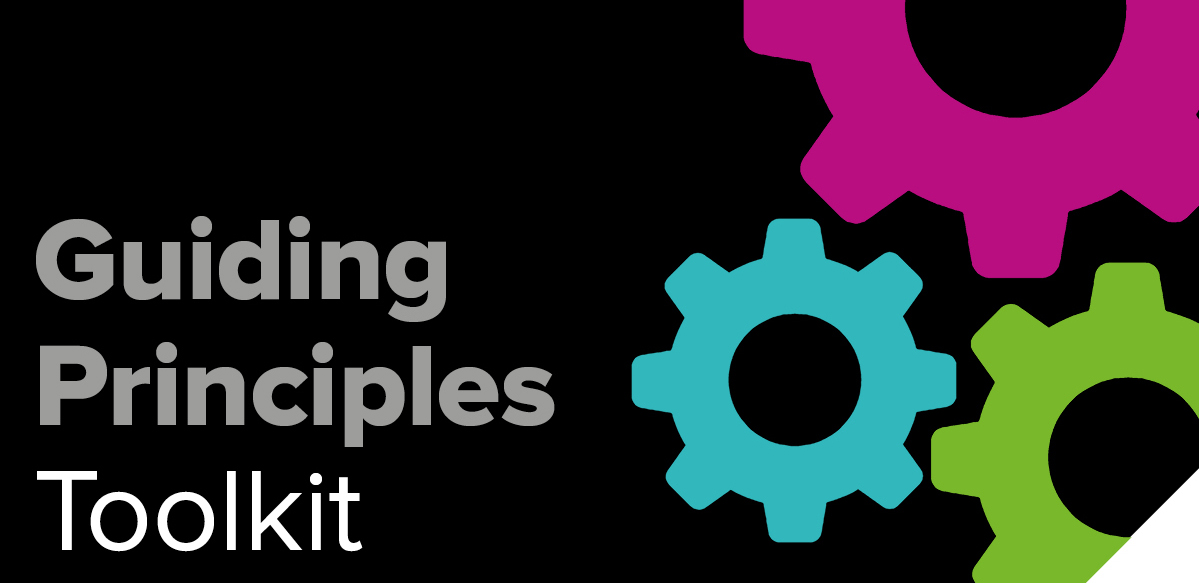Objectives
- To help build team identity by helping team members to learn more about each other.
- To help team members discover individual skills that can improve the effectiveness of the team.
- To provide a light hearted way to help establish open communication as a team norm.
Time
30 minutes
Materials Required
Large Post-it note pads or wall cards and masking tape.
Instructions
- Distribute the Post-it notes or wall cards to every team member and ask each team member to write their name on it and two skills that they bring to the team, e.g. how to prepare a budget, language skills etc.
- After 3 minutes ask each team member to stick the Post-it notes or wall cards on a wall and ask everyone to read all the comments.
- Then ask each team member to write out two different skills that they do not normally use or talk about in work, e.g. playing a musical instrument, being a great cook, coaching or playing a particular sport really well, leading a youth group, etc.
- After 3 minutes ask each team member to stick the Post-it notes on a wall and ask everyone to read all the new Post-it comments.
Debrief
- Ask if the team found out new things about each other.
- Discuss how the team could improve their effectiveness by making the most of everyone’s work skills.
- Ask why it can be useful for the team to understand the wider skills that each of us has outside of work.



You must be logged in to post a comment.